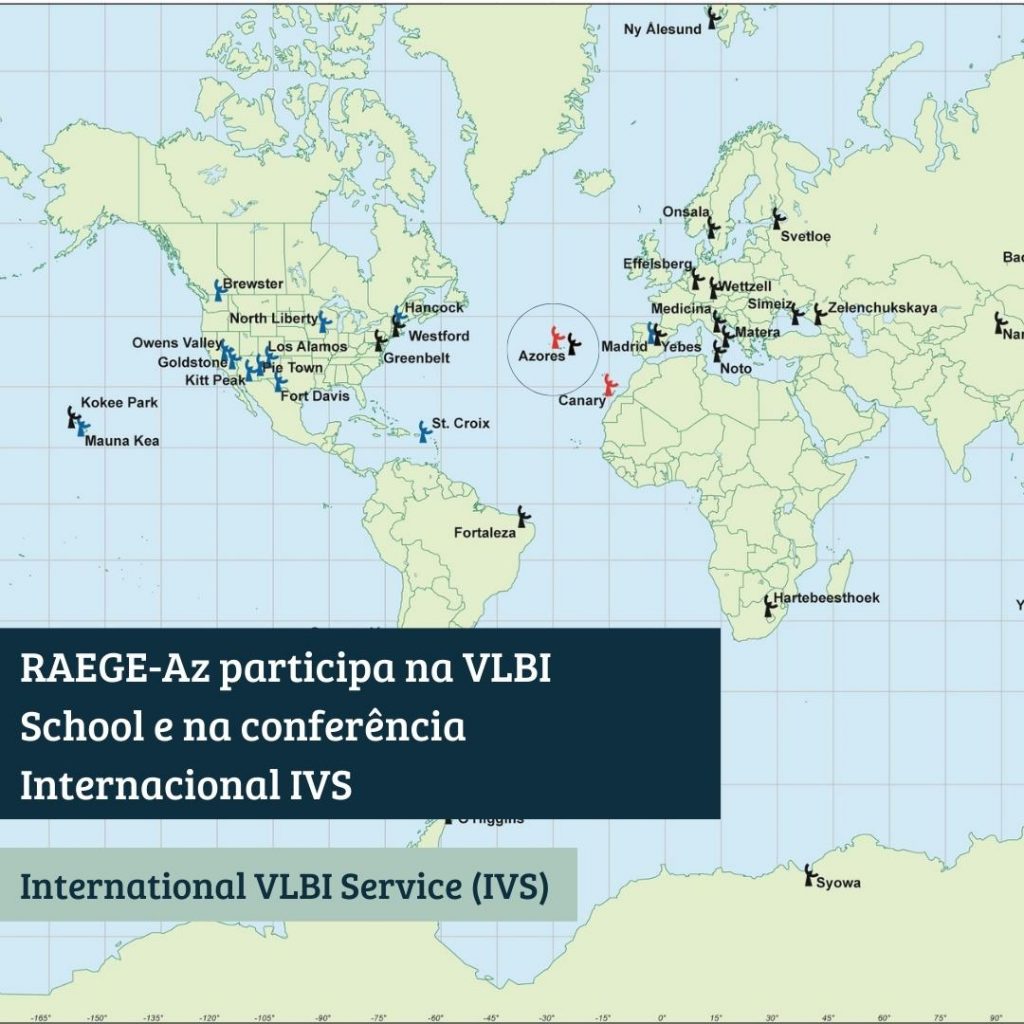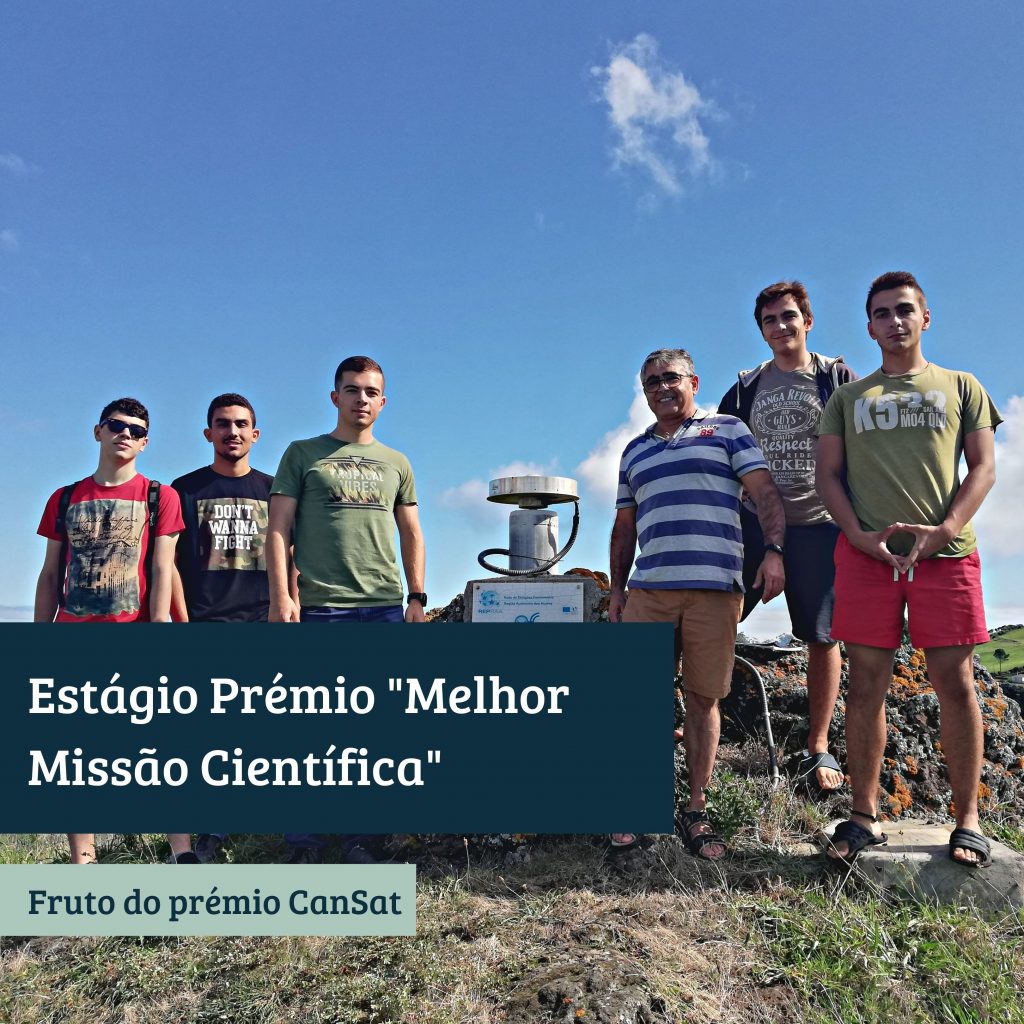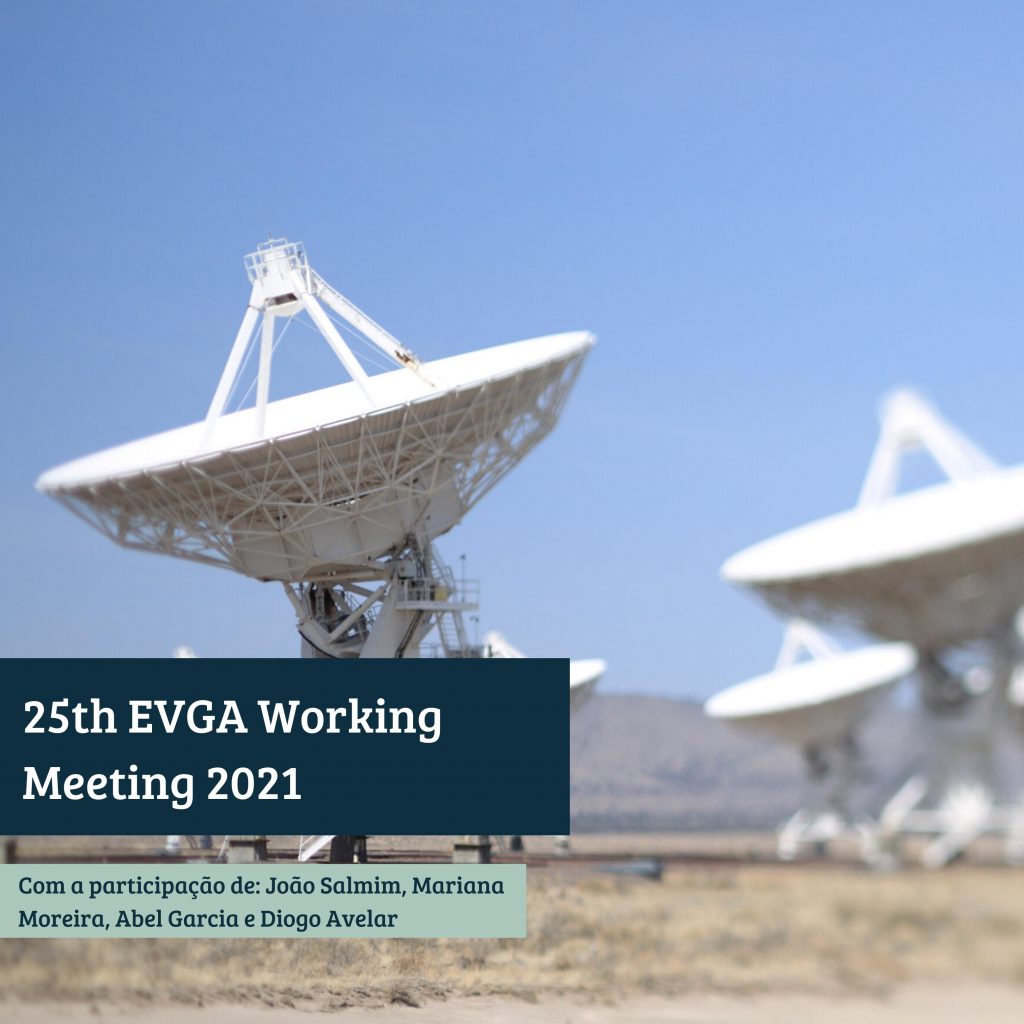The research and development team participated in the fourth edition of the IVS (International VLBI Service) VLBI (Very Long Baseline Interferometry) Training School for VBLI Geodesic and Astronomical, from March 22 to 25, 2022, three years after the last edition, in 2019, in Gran Canary. They were also present at the 12th IVS General Meeting, from March 28 to 31.
The VLBI School started by presenting the motivations that lead the scientific community to use the VLBI technique to obtain crucial data for Geodesy and Geosciences. There was room to share detailed information about the VLBI data: from observable sources to recording and sharing the data with Correlators. After an overview of VLBI Geodesic, the focus was on Radio Astronomy! A very elusive and interactive presentation was shared on how to image astronomical sources from VLBI data. Once all the motivations and technology were explained, the school went ahead with an amazing overview of Programming and a hands-on demonstration of the VieSched++ software used to create the schedule for the networked observation sessions. On the last day of training, the main topic was the modeling and analysis of VLBI data.
After an intensive week of training on VLBI, it was followed by another week of work with the 12th International IVS Conference. During the conference, the VLBI community has the opportunity to present the work developed both at the stations as well as exhibit scientific studies. The topics covered passed through several areas, such as Technical Development of Stations, Observations, Operations and Correlation, Data Structure, Planning, and Strategic Analysis, Interpretation of VLBI results in the areas of Geophysics, Geodesy, and Astronomy and its use to define the international references.
Santa Maria’s RAEGE team marked its presence with two participations in the conference. João Salmim Ferreira presented the work and development of the Santa Maria RAEGE Station, informing the international community of the technological advances in Santa Maria. In a more scientific aspect, the second presentation, entitled “Analysis of VGOS sessions: Evaluation of performance with different software”, was dedicated to the development of tests using different software in order to study the difficulties in processing observations with a high rate of Dice. This type of study is very important for the scientific community since it foresees the improvement in instrumentation that, consequently, aims to obtain more accurate geodetic products.


